- Details
- Written by Dr Stuart Myers
- Hits: 43927
Randwick Rooms Kareena Rooms
Suite 11, 7th Floor Executive Suites, Level 3,
Prince of Wales Private Hospital, Kareena Private Hospital,
Barker Street, Randwick, NSW 2031 86 Kareena Rd, Caringbah, NSW, 229
Phone: (02) 9650 4382 Phone: (02) 9650 4382
Fax: (02) 9650 4375 Fax: (02) 9650 4375
Email: This email address is being protected from spambots. You need JavaScript enabled to view it. Email: This email address is being protected from spambots. You need JavaScript enabled to view it.
Covid Policy Prince of Wales Private Hospital 23/8/23
Rapid Antigen Testing (RAT)
• It is no longer a requirement for booked surgical patients to conduct a RAT prior to admission.
• If patients are unwell or have COVID-19 symptoms, they should not attend the Hospital and instead contact the Hospital for further instructions. Information.
• Patients transferred from other health facilities will continue to be required to conduct a RAT prior to admission.
Masks
• No longer required for well Orthopaedic Patients and relatives
Hand and Wrist Surgeon
Dr Stuart Myers graduated with honours from the University of New South Wales in 1983. He completed his Residency at the Prince of Wales Hospital and undertook Orthopaedic training on the Sydney Training Program, gaining Fellowship of the Royal Australasian College of Surgeons in 1990. He was appointed to the Prince of Wales Hospital as a VMO Orthopaedic surgeon in 1991 and resigned in 2020.
Dr Myers specializes purely in surgery of the hand and wrist. This has been his primary speciality since 1994. He has an interest in Endoscopic carpal tunnel release. He also has a special interest in the treatment of complex Distal Radial (Colles) fractures - particularly those arising from skiing and snowboard injuries.
Teaching
Dr Myers is actively involved in teaching at both under-graduate and post-graduate levels. Post-graduate teaching is conducted through the training programs of the Australian Orthopaedic Association (AOA). Dr Myers is involved in continuing education program for general practitioners and physiotherapists.
Dr Myers also visits Lautoka Hospital, Fiji annually as part of Orthopaedic Outreach. This is a voluntary organization to assist in the teaching of local surgeons, students and physiotherapists. He does clinics in Lautoka and performs operations each visit. He has been on 20 visits to Lautoka. His wife Emilie ( Hand Therapist) also accompanies him on these visits and she co-ordinates all aspects of the trips. His children have organized a Book project from their local school to take used books to the hospital children's ward and the local school which they attend each visit. A report of the project was delivered to the school assembly.
Currently due to the Covid situation he runs 2nd weekly Zoom meetings with the Fiji surgeons and Hand Therapists.
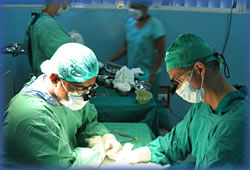
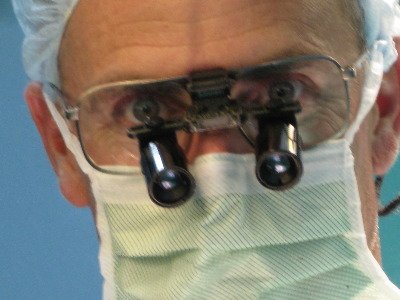
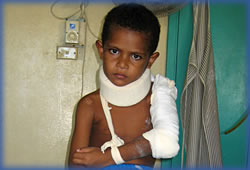
Memberships
- Fellow of the Royal Australasian College Surgeons
- Fellow of the Australian Orthopaedic Association
- New South Wales Hand Society ( Past President & Secretary )
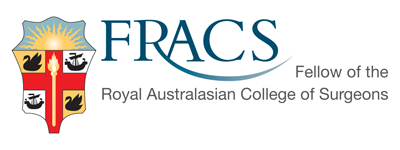
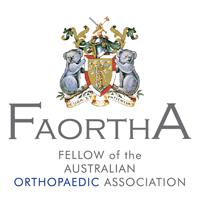
Hospital Appointments
- Prince of Wales Private Hospital
- Kareena Private Hospital
- Sydney Surgical Centre Randwick
Dr Myers resigned from the Prince of Wales Hospital Hand Service in 2020 after 30 years.
Dr Myers works mainly from the Prince of Wales Private Hospital consulting suites but also from rooms in Caringbah at the Kareena Private Hospital ( See Location Guide).
He also consults every Monday & Friday mornings at Caringbah.
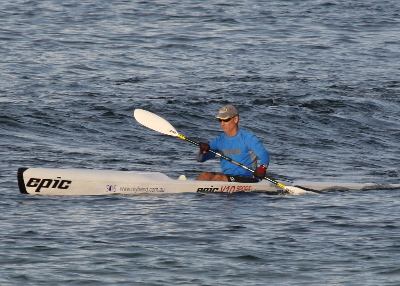
He is an associate of Sydney Orthopaedic Specialists.



